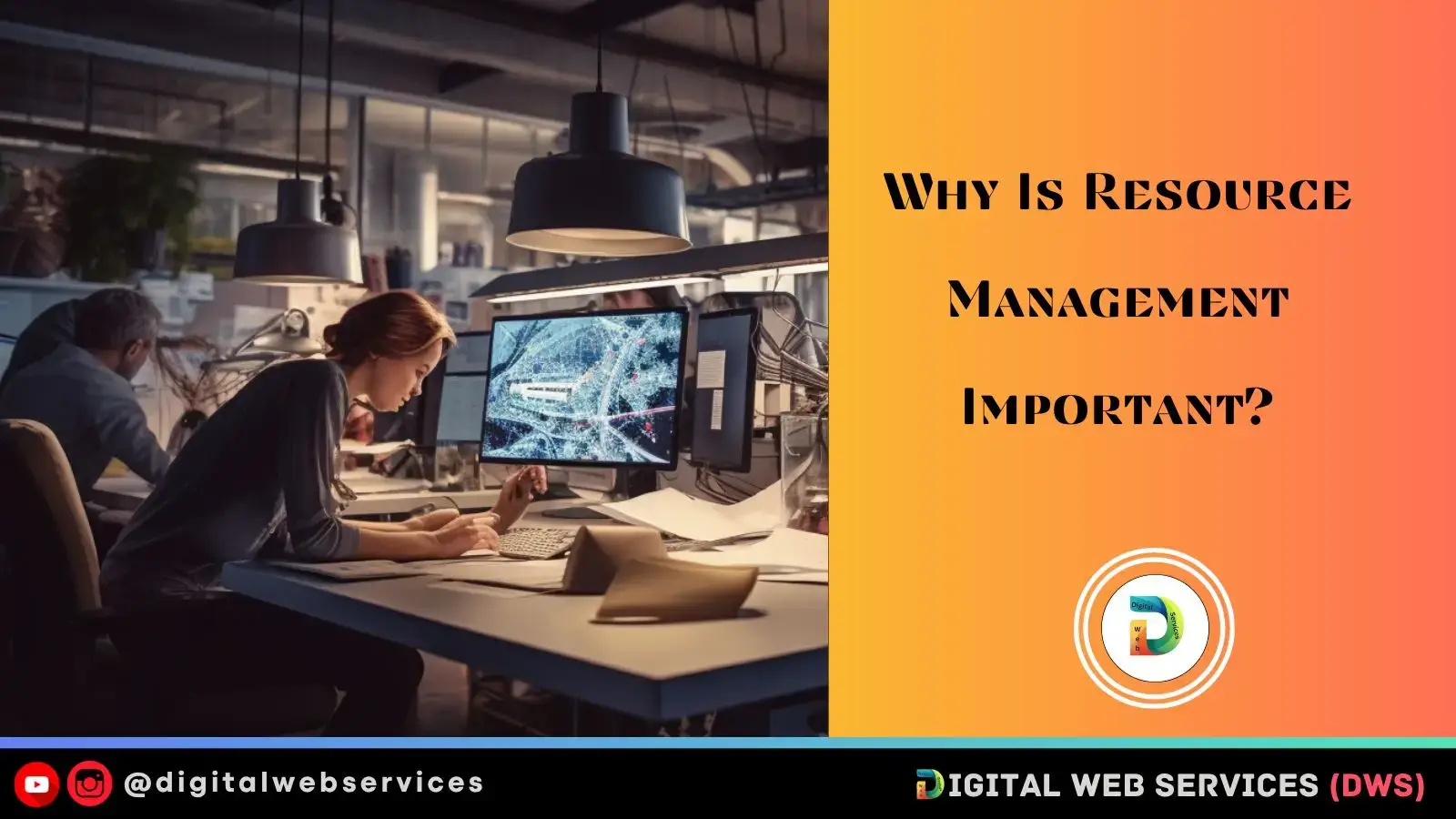
Resource management, one of the most critical aspects of running a successful organization, often goes unnoticed. Except, success and optimal productivity are almost impossible without solid resource management strategies. To make a clear picture of its relevance, we delve into the essence of resource management and why it’s integral to business success in this article. Keep reading to understand this pressing matter better.
Understanding the Concept of Resource Management
Resource management, at its core, is about maximizing efficiency. It involves optimizing the use of resources — people, time, and materials — available to an organization to achieve its objectives.
Consider, for example, how a project manager must distribute personnel across different tasks, ensuring that the right people are working on the right assignments. This is just one instance where resource management comes into play.
An enhanced understanding of why is resource management important also points to its role in avoiding wastage by ensuring resources are not allocated to tasks where they are not needed. In this way, resource management ensures efficiency.
Ultimately, effective resource management is about balance. It ensures that resources are neither overworked nor underutilized, contributing to the smooth and efficient operation of the business.
The Integral Role of Efficient Resource Management
Alt text: An office of people working on resource management.
Efficient resource management plays an integral role in several areas of business operations. First and foremost, it guarantees the maximum use of resources, thereby optimizing productivity.
Beyond maximum output, resource management also plays a profound role in aligning business operations with strategic goals. In other words, it not only ensures that work is done but also verifies that the right work is being done.
Moreover, through effective resource management, organizations can better anticipate and manage risk. By identifying scarce resources or those in high demand, businesses can develop strategies to address potential issues before they become critical.
Finally, efficient resource management is crucial for improving organizational flexibility. By knowing what resources are available and where they are needed, organizations can adapt more swiftly to changing business conditions.
Resource Management as a Key to Optimize Productivity
Alt text: People working in a small space on computers.
Resource management is deeply linked with productivity. When resources are properly managed, teams can work more effectively and efficiently, leading to increased productivity.
At the simplest level, resource management helps avoid overworking resources, which can lead to burnout and productivity loss. On the other hand, it also prevents underutilization, where resources that could be contributing to productivity are left idle.
From a broader perspective, effective resource management can lead to improved competition. By allocating resources strategically, businesses can maximize productivity and outpace competitors.
In turn, this increased productivity can lead to higher profits and growth, further underlining the importance of resource management for business success.
Ways Resource Management Impacts Business Sustainability
Resource management is also a key driver of business sustainability. By ensuring efficient utilization of resources, it helps minimize waste and reduce costs, contributing to the economic sustainability of the business.
Moreover, efficient resource management can help businesses reduce their environmental footprint. In a world where consumers are becoming more aware of environmental issues, sustainable practices supported by resource management can become a business’s competitive advantage.
On the social aspect of sustainability, resource management can contribute to fair labor practices. Proper workforce scheduling, for example, can avoid overworking employees, promoting a healthier work environment.
In sum, effective resource management can help businesses achieve their sustainability goals, demonstrating its broad impacts beyond productivity alone.
Overall, a well-rounded knowledge of resource management can enable a business to optimize productivity, promote sustainability, and set the stage for future success. While challenges abound, the rewards speak volumes, making understanding why resource management is crucial and a necessary step for all businesses.
Digital Web Services (DWS) is a leading IT company specializing in Software Development, Web Application Development, Website Designing, and Digital Marketing. Here are providing all kinds of services and solutions for the digital transformation of any business and website.










